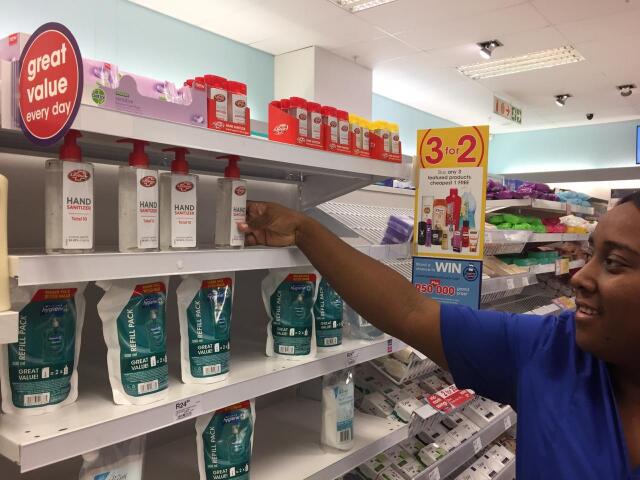Local production of hand sanitisers has so far earned export revenues of R1.6 billion for the country.
JOHANNESBURG – LOCAL production of hand sanitisers had contributed to saving lives in South Africa and had so far earned export revenues of R1.6 billion for the country, Trade, Industry and Competition Minister Ebrahim Patel said yesterday.
He said at the release of data on South African exports of hand sanitiser products that between June and November this year, permits for the export of hand sanitisers to 30 other African countries, including Nigeria, Ghana, Kenya, Mozambique and Botswana, amounted to R1.66bn billion.
South African manufacturers of hand sanitiser had built significant trading ties with other African countries during the Covid-19 pandemic, he said in a statement.
“At the start of the pandemic, South Africa faced a shortage of hand sanitisers and industry worked with the government to expand local production,” he said.
Measures were put in place to regulate the export of hand sanitisers to ensure adequate local capacity and to encourage exports to other African countries.
As soon as sufficient capacity was built up for local use, the International Trade Administration Commission (Itac) issued permits to local companies to export product to other African countries,” Minister Ebrahim Patel said.
“As we build a more resilient economy, we will rely more on local innovation and industrial capacity. The legacy of Covid-19 is to underscore the importance of localisation, to create more jobs and enhance economic output,” he said.
This weekend, the Assembly of the AU, chaired by President Cyril Ramaphosa, agreed to commence trading under the African Continental Free Trade Area (AfCFTA) on January 1.
The AfCFTA agreement was expected to boost manufacturing and trade across the continent.
The World Bank estimated its successful implementation could increase African gross domestic product by $450 billion (R6.8 trillion) or 7 percent a year and lift 30 million people out of extreme poverty by 2035.








